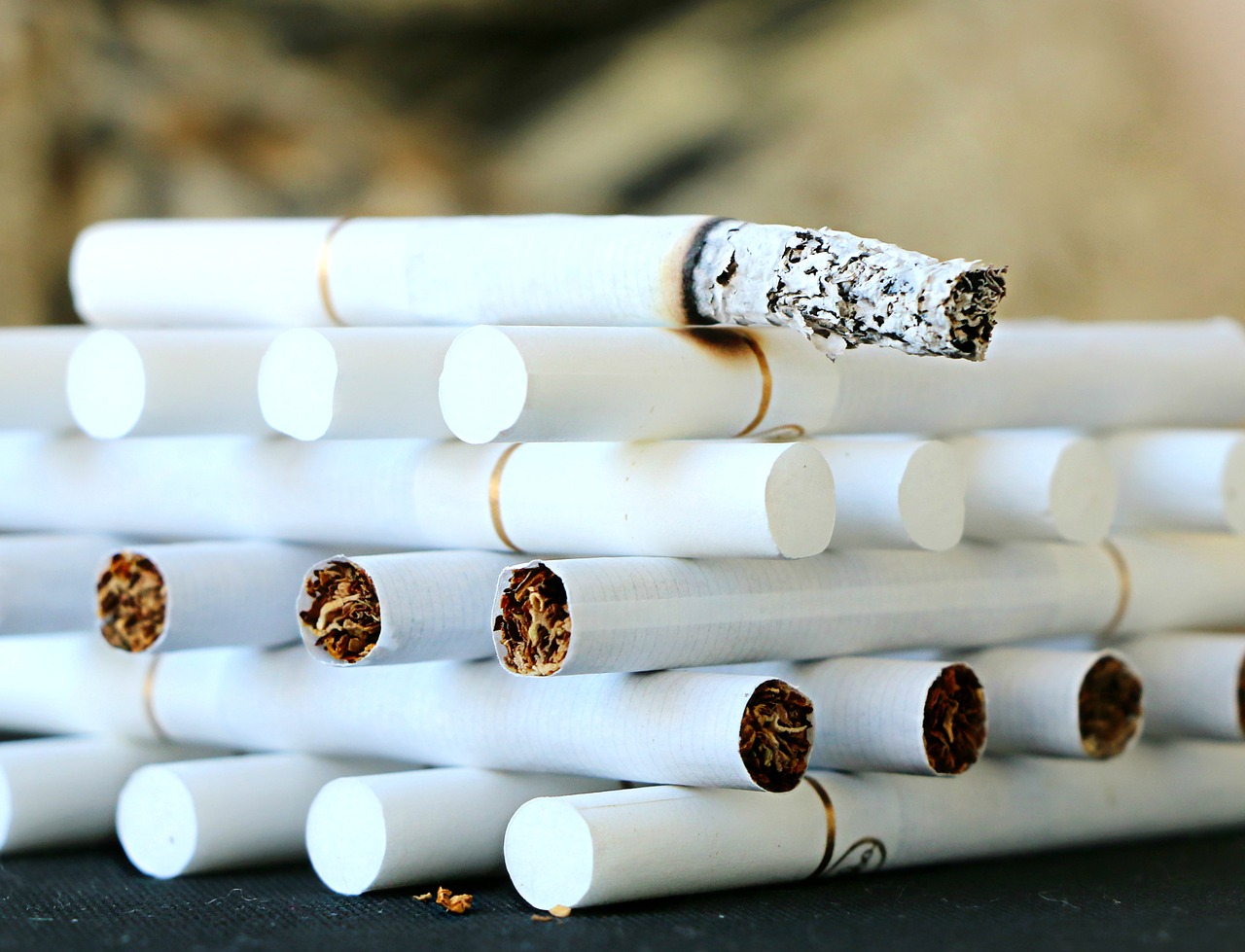Canada News
Court tobacco decision may set precedent for cases against fossil fuel companies

Within weeks, the OSFI had more reasons for its warning, when a powerful court decision against Canada’s tobacco companies provided another precedent for holding climate polluters liable. (Pixabay Photo)
Extreme weather events, made more likely by the climate crisis, are costing Canada’s insurance companies heavily. Severe weather cost insurers $1.9 billion in 2018. But that’s not the only reason insurers should worry about global heating.
In February 2019, Canada’s Office of the Superintendent of Financial Institutions (OSFI) warned insurers that climate liability — the risk of being sued for climate damage — must also be “top of mind.” The OSFI is an independent regulator, supervising 400 financial institutions and 1,200 pension plans.
Within weeks, the OSFI had more reasons for its warning, when a powerful court decision against Canada’s tobacco companies provided another precedent for holding climate polluters liable.
Like “Big Tobacco,” the carbon majors — roughly 100 fossil fuel producers — have long known that their products cause climate change, but actively misled the public about it.
Quebec’s powerful court decision
In March 2019, the Quebec Court of Appeal denounced just such conduct when it ordered tobacco companies to pay $15 billion in compensation and punitive damages (decision available in French only). This single decision made Canada’s tobacco companies — including Imperial Tobacco and Rothmans, Benson & Hedges — insolvent. Within two weeks, they were in bankruptcy protection.
Both the trial court and the Court of Appeal ruled that tobacco companies had conspired to sell their products without informing consumers of the deadly consequences of smoking, instead they cast doubt on accurate information about health risks. Despite knowing the risks, the companies “wilfully and knowingly denied those risks and trivialized the evidence showing the dangers associated with their products,” the court ruled.
The court was outraged by tobacco companies’ flagrant conspiracy to mislead the public and to undermine the health warnings given by governments, medical bodies and anti-smoking groups: “ 1/8T 3/8he harmful effects of smoking on health were not exactly denied but, rather, were characterized as being complicated, multi-dimensional and, especially, inconclusive, requiring much further research …,” it ruled.
The companies created doubt in the public mind about the health risks of smoking through “denial, minimization, use of partial science to assert the existence of a scientific controversy … insistence on the weaknesses of the statistical links … transformation of facts into opinions ….”
The court illustrated this conspiracy by quoting the companies’ attacks on the credibility of science and scientists. For example, the companies’ campaigns to discourage health regulators from acting on the Royal Society of Canada’s 1989 report, “Tobacco, Nicotine, and Addiction”, included a group letter, stating:
“We regard the Royal Society report as a political document, not a credible scientific review, and we look upon any attempt to brand six million Canadians who choose to smoke as “addicts” as insulting and irresponsible.”
Similarly, the Philip Morris Spokesperson’s Guide coached staff to attack the scientific evidence of addiction.
The court utterly rejected the companies’ excuses that they were merely selling a legal product in compliance with regulations, and that everyone knew cigarettes were dangerous. According to the court, the companies were guilty of:
1/8B 3/8ad faith behaviour, resulting from a deliberate concealment of the effects of smoking on the health of users, and then from systematic denial, minimization and trivialization of these, based in particular on the idea, cleverly but artificially maintained, of a scientific controversy and on the alleged weakness of the relations between cigarette and diseases or dependence, all coated with a misleading advertising strategy … .
Liability of climate polluters?
It’s not hard to see the parallel between the tobacco and fossil fuel industries. Like tobacco, fossil fuels remain legal and highly regulated products, initially considered harmless but now known to create severe damage. Like tobacco, the fossil fuel industries have spent heavily to mislead and to create doubt and delay. But the time for such doubt has run out.
Civil liability for selling dangerous products while misleading the public is a kind of tort law. According to the Supreme Court of Canada, “foreseeability is the fundamental moral glue of tort.”
Foreseeable climate damage to agriculture, water, infrastructure and others is already in the tens of trillions of dollars. Recent developments in attribution science — determining whether a storm or heatwave is caused or made worse by climate change — have made it easier to tie that damage to emissions from the carbon majors and the products that they sell.
Courts are not ideal places to make public policy, but climate liability lawsuits are growing teeth. Tobacco cases show the way.
———
This article is republished from The Conversation under a Creative Commons license. Disclosure information is available on the original site. Read the original article:
https://theconversation.com/court-tobacco-decision-may-set-precedent





















